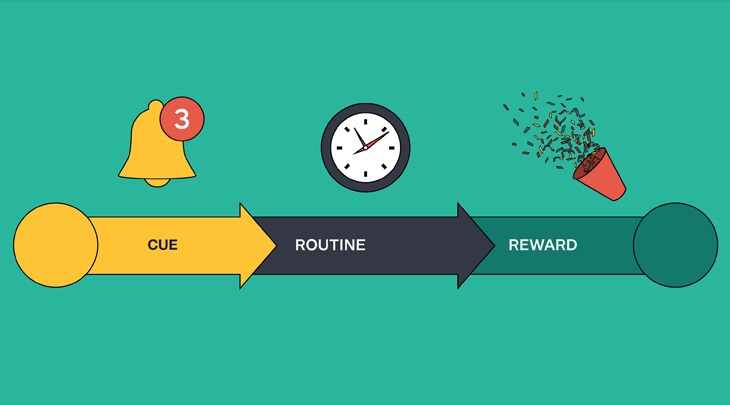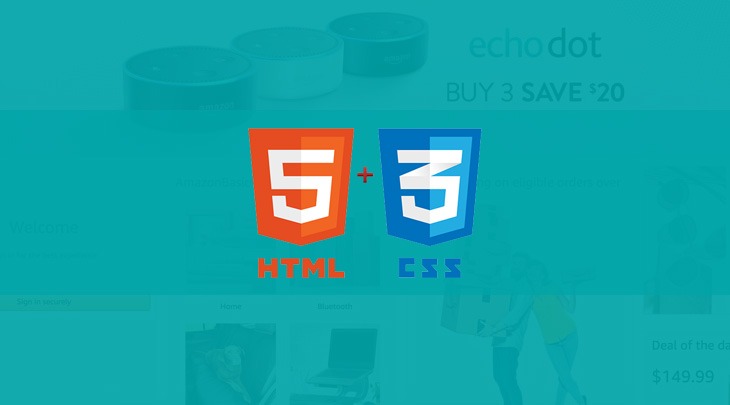Learning programming is an exciting activity, but writing a good program can prove to be a challenging task. In most cases, even adding a new feature can require change of code. In the field of web development, the main area that we spend a lot of time on is the code. This can comprise of web languages like HTML, CSS, JavaScript, PHP, Python, ASP .Net, Java, ActionScript or any other language that are used for developing websites.
In this article, I will discuss some essential steps that can help individuals to be a professional web developer. Here, I am going to discuss about 10 most important habits according to latest tends and I believe that this article will be very helpful for a developer point of view. So, let’s try to understand it:
1. Clear in Requirements
Highly effective developers make an extra effort to be a part of project requirement phase. To understand the behavior of an application like what an application should do, what features it should not have and what can be added in future should be clear to developers in order to developer an effective code. This can be achieved if they are actively involved in Requirement phase.
2. Plan before coding
In the programming world, it is crucial to plan ahead. For example, writing a fixed navigation menu is easy, but what if the menu needs to be responsive, it should minimize itself when users scroll down the page?
Beginning to code without a clear technique in mind will often lead to bugs and utter frustration. It’s recommended to figure out the process first, and then write a solution. Let’s discuss the process for the above question:
Steps for the creation of responsive menu.
- Use a bootstrap framework for responsive design.
- Create navigation menu.
- Add .navbar-fixed-top to the menu.
- Create jQuery script to re-size menu when the user scrolls down.
- If the user scrolls to the top, re-size the menu once again.
3. Focus on Productivity
First, let’s try to understand what productivity is?? It doesn’t mean a quick developer is a productive developer. Productive developer is the one who develops web applications/sites the right way and most efficient manner possible. Developing an effortlessly maintainable application that acclimates to changes is essential than hastening through a project.
4. Write User-friendly code
One thing developers often forget that the code is not written not only for machines but for humans too. The code should be well structured.
- Meaningful variable/function names:
Optimize the variable/function names for better understanding. Use of “add function ()” will be more apt than using “a function” name.
- Use of indentation and line breaks:
Simple use of tab key can give define structure to the code. Line breaks should be used in case of a chain of code on the same line executes two different things. For example, it’s better not to chain CSS properties in single line.
- Commenting is important:
Commenting is required for better understanding of the code. Try to comment each section of the code. Suppose next time some other programmer will work on the file, it will help them understand the code.
5. File Organization
It is advisable to write code in separate files instead of combining in one.
It helps at the time of modification of code. (Suppose there is a code of 1000 lines or more, then it becomes tedious to scroll up and down multiple times to find affected section.) For example, keep HTML, CSS and javascript code in separate files for easy accessibility.
6. Try to write manageable and independent code
Try to write code that requires only a few manual changes. Sporadically check out latest and better features, libraries or plugins for smarter data management in programming languages. In order to avoid constantly modifying the code, write highly independent code that will not break the entire system when new features or changes are implemented. This process is known as “Loose Coupling”.
7. Add only important features
In development, it’s important to keep the focus on project’s main objective, and only add features that accomplish the purpose. If you know the exact collection size, use Array. If List’s function can retrieve the data the way you want, don’t use advanced LINQ.
Don’t develop a plugin when that feature is hardly required. Just because one can, doesn’t mean one should.
8. Use of Debugging Tools
It’s impossible to make a bug free application. Coders should know how to debug code using various debugging tools. For example for HTML & CSS, Javascript there is a debugging tool “Firebug” is available. It comes with features like inspecting and editing HTML, detecting errors, breakpoint settings, expression tracking, network monitoring, all for your debugging convenience.
A debugger won’t know the code from inside. At the time of doubt use log function “console.log” for Firebug. There are several debugging tools available online for every language.
9. Use a Strong Editor
The right editors can help you grow in knowledge, and expedite project completion process. It is strongly recommended to for editors with code completion, like Sublime Text and Aptana Studio 3. They will be very helpful for beginners to know and learn the syntax, but it can be used by professionals to check for better codes and solutions. Keep a note, look for the right IDEs as support code completion is supported only for certain languages.
10. Maintain Version Control
There will be times when because of some huge programming mistakes, programmers want to revert to earlier versions of code. Now what if your blunder involves numerous files in the codebase, and some of them were changed months or a few days ago? This is when version control plays an important role. Git is the most popular version control software.
With Git software, one can keep an infinite number of versions and keep a track of the changed code. There are plenty of tutorials available online on how to use the Git software, which can help in the learning process.
Web programming is one field where one can get phased out very quickly. Many developmental approaches and programming languages become obsolete in the span of 10 years.
The only way to survive and succeed is to keep learning. What is the best way to learn? Don’t just read the theory and syntax. Try to implement it by making small programs and projects. Discover, and enjoy the development and debugging process. “Practice makes a man perfect”. Same should be applied in programming. The more programs you write, the better programmer you will become.







